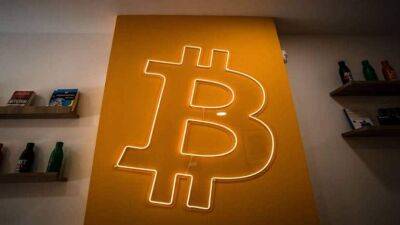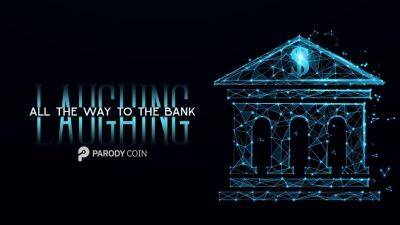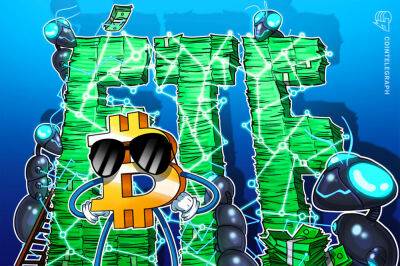Governments, Companies Will Need To Develop Standards, Rules For Metaverse - Davos Panel
The metaverse creates a range of opportunities for users and companies, but businesses and governments will need to come up with rules governing transactions and content, according to the participants of a panel held during this year’s edition of the World Economic Forum in Davos.
The panel, Shaping a Shared Future: Making the Metaverse, featured a range of views on the potential implications of the metaverse and the roll-out of the extended reality (XR) ecosystem for the world’s consumers and the businesses that cater to their needs.
Philip Rosedale, founder of Linden Lab, the company behind the virtual world Second Life, said that the metaverse experience could have a positive impact on societies as it could bring different groups under a common set of rules and values.
“Second Life has always thought of itself as a country,” Rosedale said and added:
“[A]nd I think that, in the same way as the UN emerged … we will collapse into a more singular set of rules for intellectual property, privacy.”
Omar Sultan Al Olama, the Minister of State for Artificial Intelligence, Digital Economy and Remote Work Applications of the United Arab Emirates, said that the metaverse could serve as a type of bridge that, until very recently, would have been difficult to grasp.
However, the metaverse is also likely to introduce various risks, as transactions processed through it would still need to be overseen by governments to ensure that users receive the digital assets they pay for.
“If you pay for that [product], someone needs to enforce that,” he said. “People want to go to the metaverse to experience content they have never seen before … and we need to build some ground rules.”
Chris Cox, Chief Product Officer at Facebook’s owner Meta
Read more on cryptonews.com
 cryptonews.com
cryptonews.com









